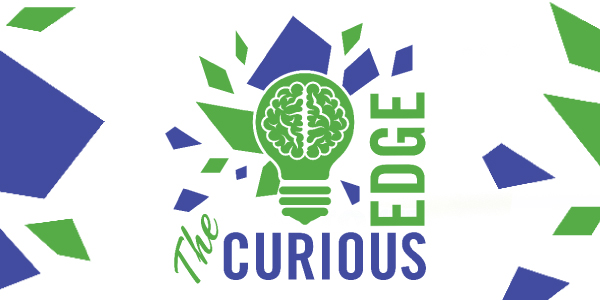Medical Training Gives Hudson an Edge
Medical Training Gives Hudson an Edge
 By Kimberly Hudson
By Kimberly Hudson
Of all Kimberly Hudson’s numerous accomplishments, certifications and experiences, probably nothing has informed her practice as a skilled speech, language and reading expert as her medical training.
Hudson, the founder and owner of The Curious Edge, a clinic in Lexington that treats dyslexia and reading issues, is a certified dyslexia testing and interventionist specialist.
After receiving her bachelor’s degree in speech therapy at UK, she earned her master’s at the University of Tennessee, taking the medical track instead of the education track.
She then worked in a medical setting for nearly 20 years, including rehab work with acute and sub-acute patients.
She also served on a medical team at UK that included a pediatrician, psychologist and an occupational, physical and speech therapist.
The team evaluated and diagnosed infants and toddlers with a wide range issues from autism to cerebral palsy, plus uncommon neurological and genetic disorders.
“That experience was invaluable,” Hudson said.
Collaborating daily with medical professionals kept Hudson on her toes.
“I had to know how the brain worked frontward and backward,” she said. “When I talked with neurologists, I had to be precise in my observations and know about cranial nerves and pathways.
“I felt that I had to be right or I’d risk losing credibility.”
Hudson also thirsts for more knowledge and best practices. Her certification requires 15 hours of continuing education annually.
Three years ago, she amassed 70 hours in 12 months, earning her a top award from The American Speech-Language Hearing Association.
Even better, that education led to major treatment changes at Curious Edge – and much improved outcomes for patients.
“I used that continuing education to meet face to face with doctors and leaders in our field,” Hudson said.
Now, instead of focusing on reading only, Hudson and her team concentrate on improving cognitive processing skills.
Bolstering working memory and processing speed provides students with a strong foundation for learning.
“Once we correct weaknesses in those processing areas,” Hudson said, “students have the skills they need to succeed.
Info: (859) 899-3343 (EDGE) or http://thecuriousedge.com.
Photo: Kimberly Hudson

